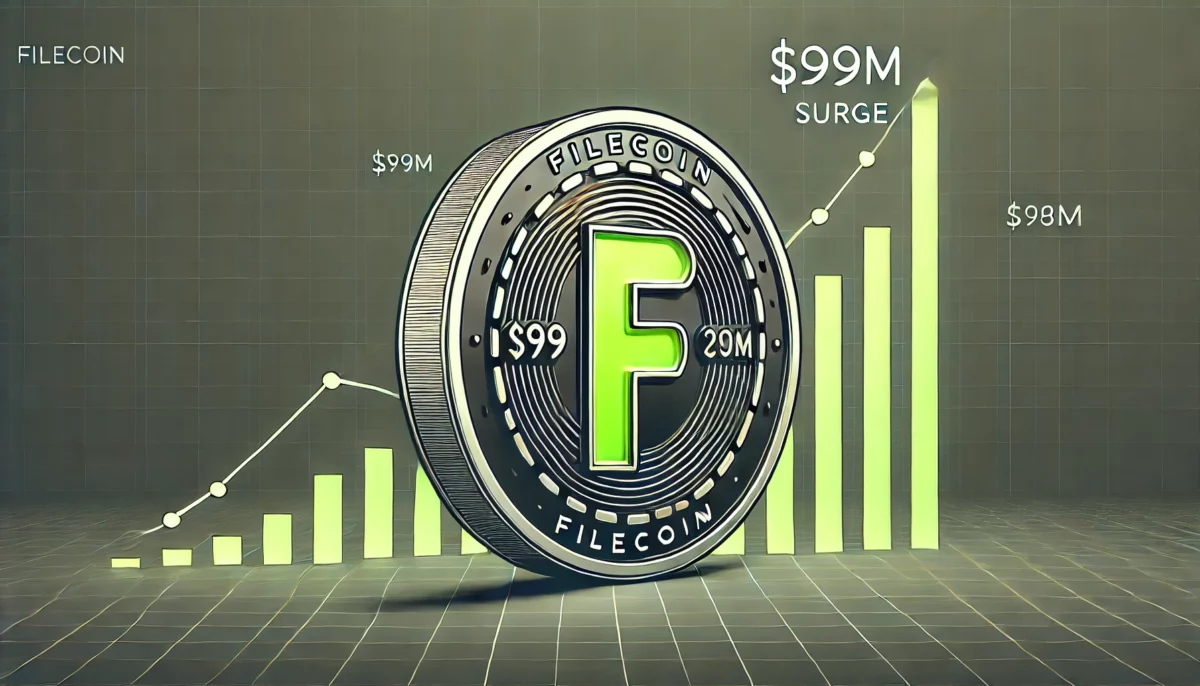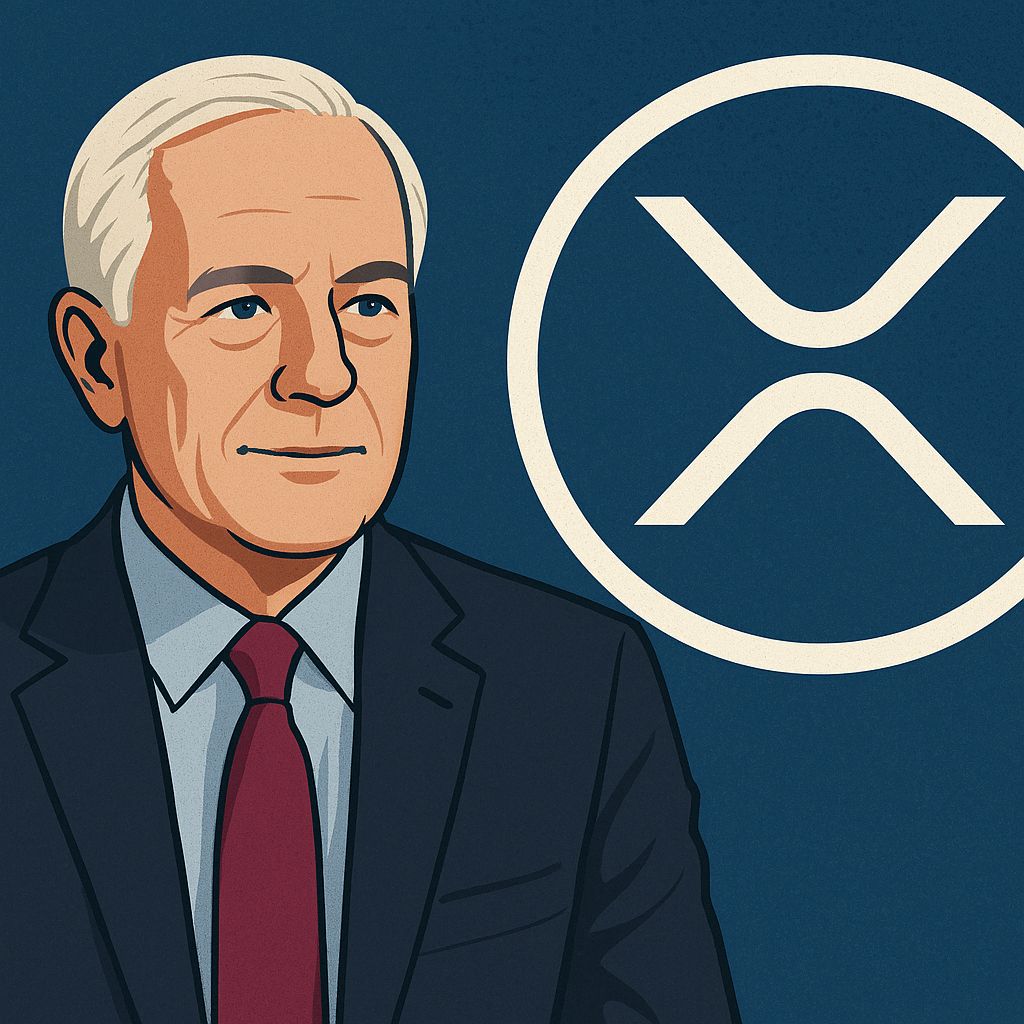Polkadot-backed summit brings Mandala and KILT to spotlight for emerging ecosystems
Indonesia, with a population of over 270 million and a projected rise to the world’s fourth-largest GDP by 2040, is taking its place in the global digital economy by embracing technological innovation. As part of its ambitious Indonesia Golden Vision 2045, the country aims to integrate five transformative technologies — artificial intelligence, Internet of Things (IoT), metaverse, quantum computing and blockchain — into its core economic and social frameworks.
Blockchain is seen as a key component for building robust data infrastructure and enhancing digital sovereignty. It offers unparalleled potential to revolutionize public and private sector operations through improved transparency, security, and efficiency.
Amid this national drive toward digital transformation, the Bali Blockchain Summit (BBS) , held at the Bali Blockchain Center on Aug. 20, became a pivotal event highlighting Indonesia’s growing role in the global blockchain landscape.
Sponsored by Polkadot and hosted by Mandala Chain , a layer-1 blockchain platform built on Polkadot, the summit brought together key stakeholders, government officials, and blockchain experts to discuss strategic plans for expanding blockchain adoption in Indonesia and across other emerging markets. The event underscored Indonesia’s readiness to leverage blockchain technology as a catalyst for economic growth and innovation.
The Mayor of Denpasar City, Gusti Ngurah Jaya Negara, kicked off the event by emphasizing blockchain’s potential to decentralize power structures, making systems more transparent and equitable. He noted, “Blockchain will drive Indonesia’s prosperity by enhancing transparency and efficiency for the public good.”
Bali Blockchain Summit kicked off with colorful performances. Source: BBS
Negara’s words resonated throughout the summit, where discussions centered around how blockchain can bring more transparency and security to government services and private enterprises . Experts at the event highlighted practical applications like land registry systems, public health records, and product authentication, showing how blockchain could reshape these critical sectors.
Digital identity and government integration
One of the most significant announcements at the summit came from Mandala Chain, which unveiled plans for the upcoming integration of its IDCHAIN solution with key government agencies in Indonesia. In partnership with PANDI, the official “.ID” domain registry, the integration aims to onboard over 10 million users and represents a substantial milestone in Mandala’s mission to drive blockchain adoption in Indonesia.
As part of this effort, Mandala Chain will collaborate with local governments to pilot decentralized identity management systems, paving the way for further blockchain use cases in sectors such as banking, healthcare and smart city initiatives.
Scaling blockchain across emerging markets
Mandala Chain is also working with Polkadot and KILT Protocol , an industrial-scale identity blockchain for decentralized identities (DIDs) and verifiable credentials, to expand the blockchain-based infrastructure in Indonesia and beyond, mainly focusing on the enterprise and government sectors. With Polkadot’s parachain framework and KILT’s DID technology, Mandala Chain aims to offer a robust, interoperable blockchain infrastructure that can seamlessly integrate with both public and private sectors.
The event was filled with insightful discussions about blockchain’s role in emerging economies. Source: BBS
The partnership primarily leverages Polkadot’s scalability and interoperability, combined with KILT’s expertise in W3C standard decentralized identity solutions, to provide a comprehensive digital infrastructure. This infrastructure is tailored for emerging markets like Indonesia, where digital adoption is growing rapidly. The strategic approach involves focusing on identity verification, secure data management and cross-border asset tokenization.
The Bali Blockchain Summit showcased Indonesia’s proactive stance on blockchain adoption, signaling a promising future for Web3 technologies in the region. While retail blockchain adoption has been slow in many parts of the world, the enthusiasm and readiness demonstrated by Indonesian leaders and stakeholders suggest that the country could become a significant force in driving the next wave of digital innovation.
Disclaimer. Cointelegraph does not endorse any content or product on this page. While we aim at providing you with all important information that we could obtain in this sponsored article, readers should do their own research before taking any actions related to the company and carry full responsibility for their decisions, nor can this article be considered as investment advice.
Disclaimer: The content of this article solely reflects the author's opinion and does not represent the platform in any capacity. This article is not intended to serve as a reference for making investment decisions.
You may also like
Bitpanda’s triple crown: Austria’s MiCAR license secures its crypto throne
Cardano is fully decentralized, Hoskinson will exit
FIL Price Forecast: Explosive Growth Likely After Filecoin (FIL) v1.32.2 Upgrade

Teucrium CEO Endorses XRP as Essential for Future Financial Infrastructure

